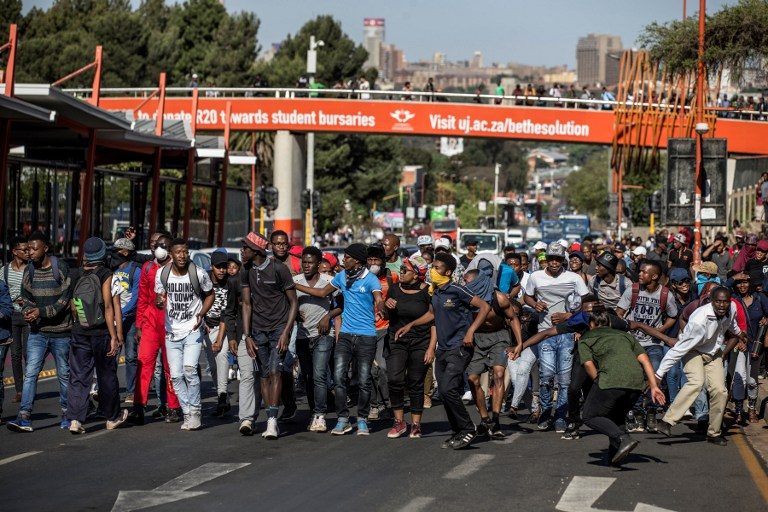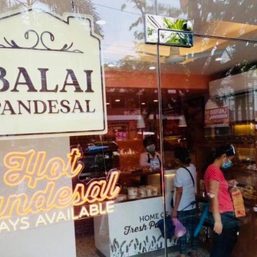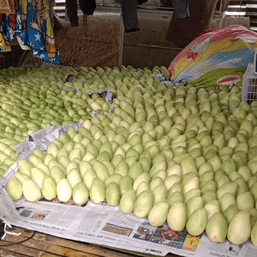SUMMARY
This is AI generated summarization, which may have errors. For context, always refer to the full article.

JOHANNESBURG, South Africa – Student protests in South Africa spread Wednesday, September 28, with police firing rubber bullets at demonstrators on campuses in Johannesburg and Grahamstown as unrest over tuition fees roils universities across the country.
The University of Johannesburg’s Doornfontein campus was hit by violent clashes between students and campus security guards as running battles erupted through the evening, Agence France-Presse photographers witnessed.
Police in Grahamstown, in Eastern Cape province, arrested at least 11 Rhodes University students after they allegedly violated a court interdict which barred protests on the university grounds.
“Anyone who threatens or intimidates or prohibits lectures from taking place is breaking that interdict,” police captain Luvuyo Mjekula told the News 24 website.
“Today the students were found to be disrupting lectures. That was basically threatening other people. Police had to respond.”
Video footage showed police firing rubber bullets from behind a wall, shouting at students to disperse and dragging protesters into police vans.
Campuses including the University of Cape Town, Wits University in Johannesburg and the Durban University of Technology have been temporarily closed due to the protests.
Over the last 10 days, riot police nationwide have regularly used stun grenades and rubber bullets to disperse student protesters, who are demanding free university education.
The wave of protests was triggered by a government announcement that universities would set their own fee increases but that next year’s hikes would be capped at eight percent.
“If the higher education sector does not return to teaching… we stand to lose a generation of students,” Max Price, vice chancellor of the University of Cape Town, said on Wednesday.
“No matter what changes we wish to bring to society, we can’t make those changes by destroying the higher education sector in South Africa.”
Unrest has hit many South African universities over the past year, as students have protested against the fee increases that they say force poorer, often black, pupils out of education.
Last year, students – many of them so-called “born frees” who grew up after apartheid – staged a series of major demonstrations which forced the government to abandon planned fee hikes for 2016.
Throughout this year, there has been sporadic unrest which has seen accommodation buildings and libraries set alight, and in May, an auditorium at Johannesburg University was firebombed. – Rappler.com
Add a comment
How does this make you feel?



![[OPINYON] Takoyaki tattoo at ang business model ng pang-iinis](https://www.rappler.com/tachyon/2024/04/20240410-Takoyaki-tattoo.jpg?resize=257%2C257&crop_strategy=attention)

There are no comments yet. Add your comment to start the conversation.